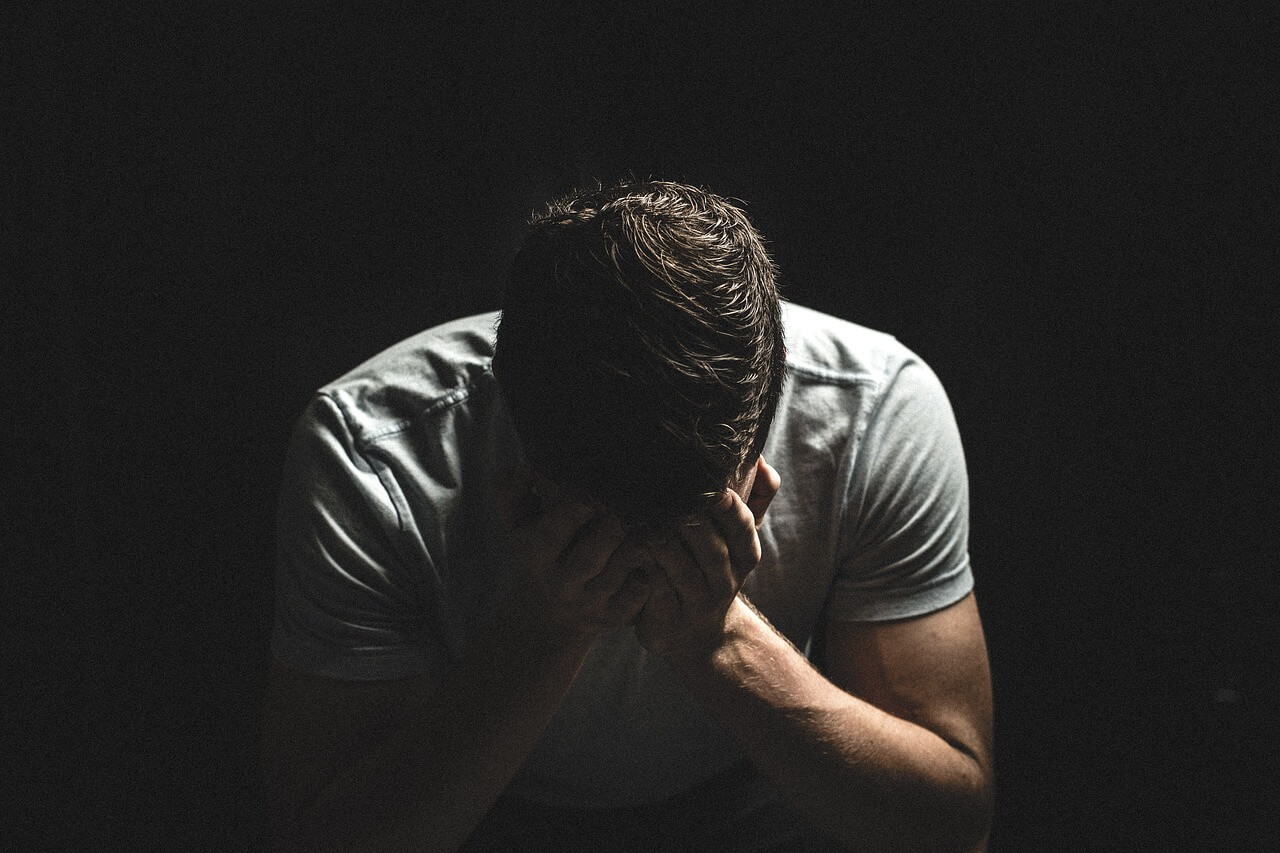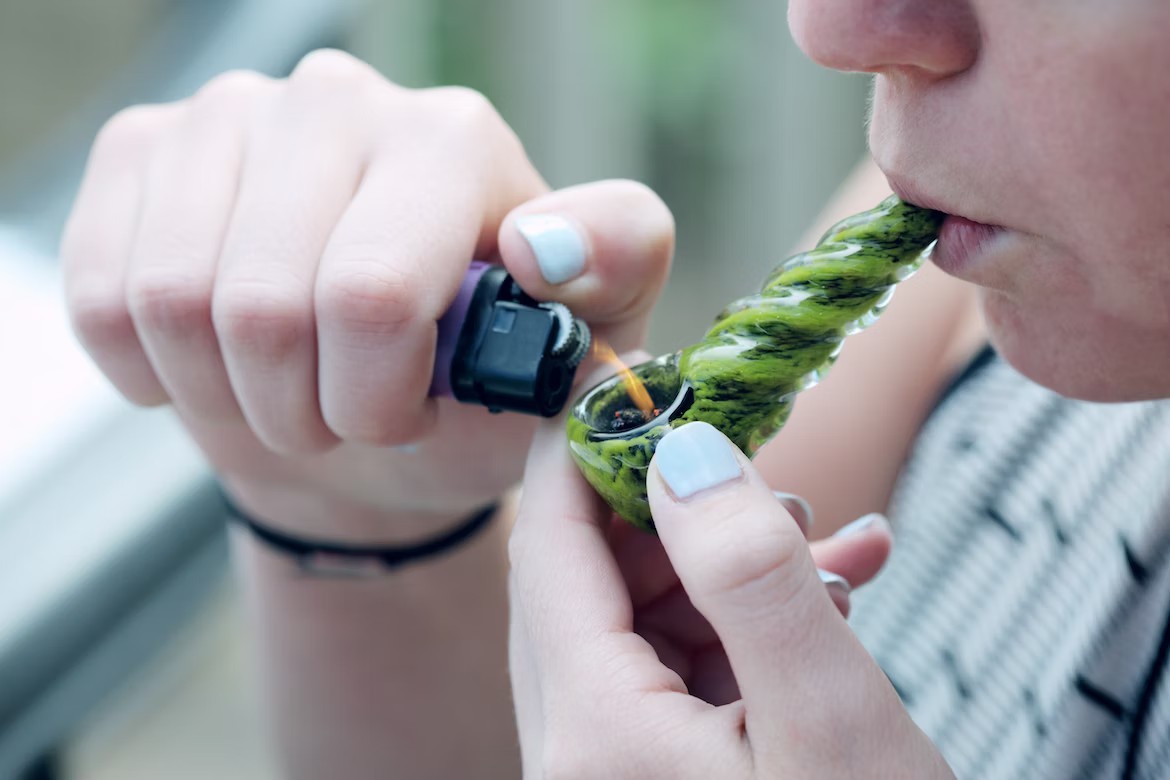As cannabis use becomes more prevalent, it is essential to address the complex interplay between addiction and co-occurring mental health disorders. In Johannesburg, where the use of cannabis is both culturally and socially ingrained, it is crucial to approach addiction therapy with a comprehensive understanding of the unique challenges faced by individuals with co-occurring disorders. In this article, we will explore the significance of addressing co-occurring disorders in cannabis addiction therapy, drawing from an Eastern philosophical understanding that emphasizes holistic healing. We will address commonly asked questions, providing guidance and insights specific to the South African context.
Why is addressing co-occurring disorders important in cannabis addiction therapy?
Co-occurring disorders, such as anxiety, depression, or post-traumatic stress disorder (PTSD), often contribute to the development and maintenance of cannabis addiction. By addressing these underlying mental health conditions, addiction therapy can become more effective in promoting lasting recovery. It is vital to recognize the interconnectedness of these disorders and treat them concurrently to provide comprehensive support and facilitate holistic healing.
How can Eastern philosophical understanding enhance cannabis addiction therapy?
Eastern philosophical principles, rooted in mindfulness, compassion, and interconnectedness, can significantly benefit cannabis addiction therapy. By incorporating practices like meditation, breathwork, and self-reflection, individuals can develop a deeper awareness of their thoughts, emotions, and addictive patterns. This understanding allows for greater self-compassion, acceptance, and the cultivation of healthier coping mechanisms. Eastern philosophies also emphasize the interconnectedness of mind, body, and spirit, providing a holistic framework for addressing co-occurring disorders.
What therapeutic approaches are effective in treating co-occurring disorders in cannabis addiction therapy?
Integrated treatment approaches that address both addiction and co-occurring disorders simultaneously have shown promising results. Cognitive-behavioral therapy (CBT) helps individuals recognize and modify maladaptive thought patterns and behaviors. Dialectical behavior therapy (DBT) focuses on developing skills to manage emotions and improve interpersonal relationships. Mindfulness-based interventions cultivate present-moment awareness and non-judgmental acceptance. These approaches, when combined with a compassionate and holistic perspective, create a solid foundation for recovery.
How can South African cultural aspects be incorporated into cannabis addiction therapy?
Cultural aspects play a vital role in addiction therapy, particularly in a diverse country like South Africa. Therapists in Johannesburg should honor and integrate cultural beliefs, rituals, and practices that clients find meaningful. Recognizing the influence of ancestral wisdom, community support systems, and traditional healing modalities can foster a sense of belonging and empowerment. By incorporating cultural aspects into therapy, individuals can draw strength from their roots and feel more connected to their recovery journey.
What role does community support play in cannabis addiction therapy?
Community support is invaluable in cannabis addiction therapy. Engaging with support groups or fellowships, such as Narcotics Anonymous or SMART Recovery, offers a sense of belonging, empathy, and shared experiences. In Johannesburg, where the recovery community is vibrant, connecting with individuals who understand the unique challenges of cannabis addiction and co-occurring disorders can provide valuable support and motivation. Community support serves as a reminder that you are not alone on your path to healing.

Addressing co-occurring disorders in cannabis addiction therapy is crucial for nurturing holistic healing in Johannesburg. By recognizing the interconnectedness of addiction and mental health, incorporating Eastern philosophical principles, and utilizing evidence-based therapeutic approaches, individuals can find comprehensive support on their journey to recovery. Cultural aspects and community support further enhance the healing process, providing a sense of belonging and empowerment.
Latest Developments in Addressing Co-occurring Disorders in Cannabis Addiction Therapy:
- Integrated Treatment Models: The latest developments in addressing co-occurring disorders in cannabis addiction therapy involve the integration of treatment models. Instead of treating addiction and mental health disorders separately, therapists now utilize integrated approaches that simultaneously target both conditions. This holistic approach enhances the effectiveness of therapy and promotes long-term recovery by addressing the underlying causes and interconnectedness of addiction and mental health.
- Mindfulness-Based Interventions: Mindfulness-based interventions have gained recognition in recent years for their effectiveness in treating co-occurring disorders in cannabis addiction therapy. These interventions, rooted in Eastern philosophies, emphasize present-moment awareness, acceptance, and non-judgment. Incorporating mindfulness practices like meditation, breathwork, and body scans can help you develop greater self-awareness, manage cravings and triggers, and improve emotional well-being.
- Trauma-Informed Approaches: Recognizing the impact of trauma in cannabis addiction and co-occurring disorders, therapists are increasingly incorporating trauma-informed approaches into therapy. Trauma-focused therapy techniques, such as Eye Movement Desensitization and Reprocessing (EMDR) or Trauma Resiliency Model (TRM), help individuals process and heal from past traumatic experiences. By addressing underlying trauma, therapists can support you in developing healthier coping mechanisms and reducing the reliance on cannabis as a means of escape or self-medication.
- Pharmacological Interventions: In some cases, pharmacological interventions may be appropriate to address co-occurring disorders in cannabis addiction therapy. New developments in medication-assisted treatment (MAT) provide options for individuals struggling with mental health disorders alongside cannabis addiction. Medications such as antidepressants, anti-anxiety medications, or mood stabilizers may be prescribed under the guidance of a healthcare professional to support your recovery journey.
- Peer Support and Online Resources: The digital age has brought about advancements in peer support and online resources for individuals seeking help for co-occurring disorders in cannabis addiction therapy. Online support groups, virtual therapy sessions, and mobile applications offer convenient and accessible avenues for connecting with others facing similar challenges. These resources can provide valuable support, information, and tools to help you navigate your recovery journey, even in the comfort of your own home.
It is important to note that these developments are not meant to replace professional guidance but rather to enhance and complement therapy. Working with a qualified therapist or counselor who specializes in co-occurring disorders and cannabis addiction is crucial to ensure personalized and effective treatment that meets your specific needs. By staying informed about the latest developments and advancements in addressing co-occurring disorders in cannabis addiction therapy, you can make informed decisions about your recovery and embark on a path of healing and well-being.
Remember, in the pursuit of recovery, you have the strength within you to overcome obstacles and embrace a life of health, well-being, and fulfillment.







